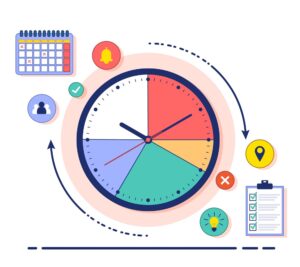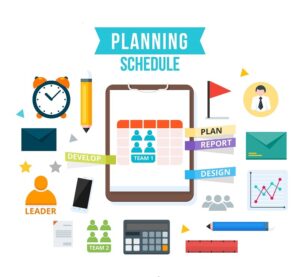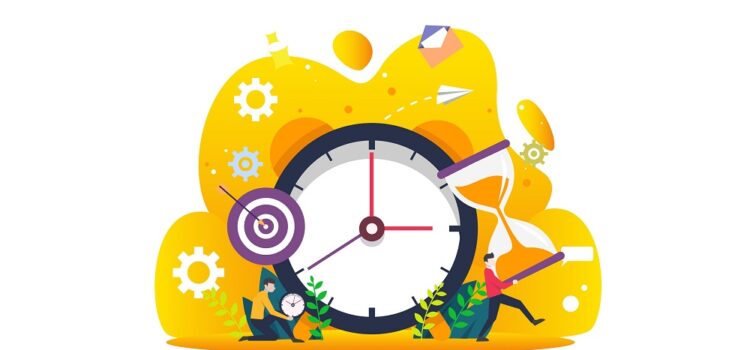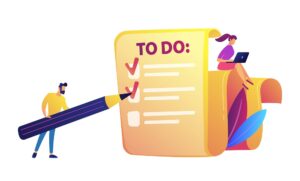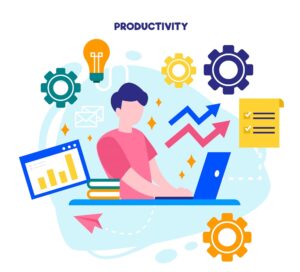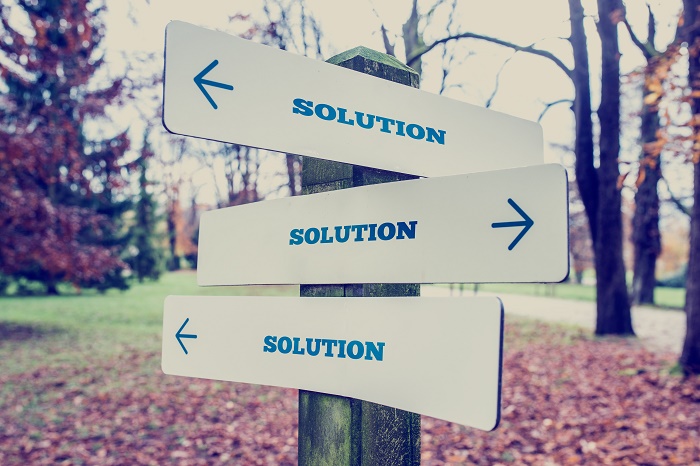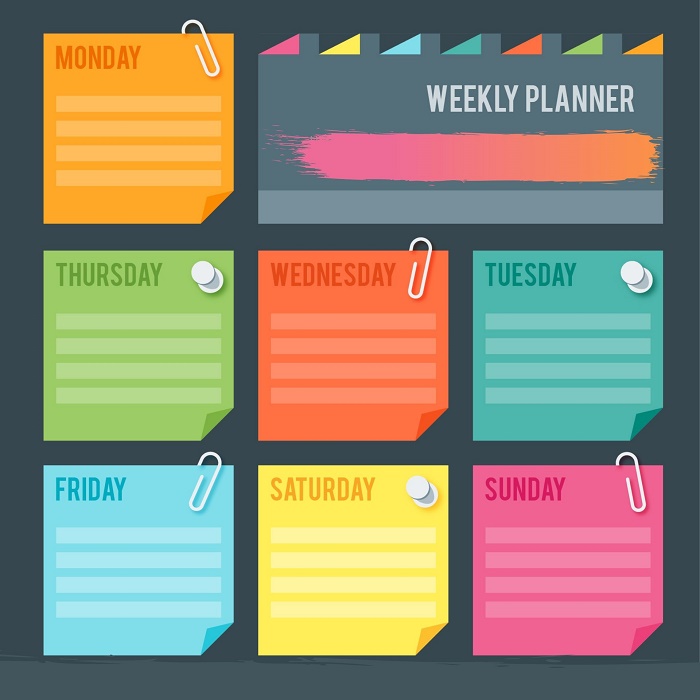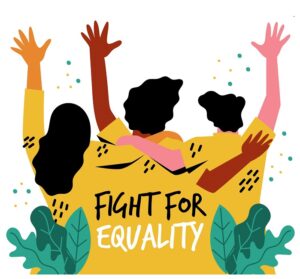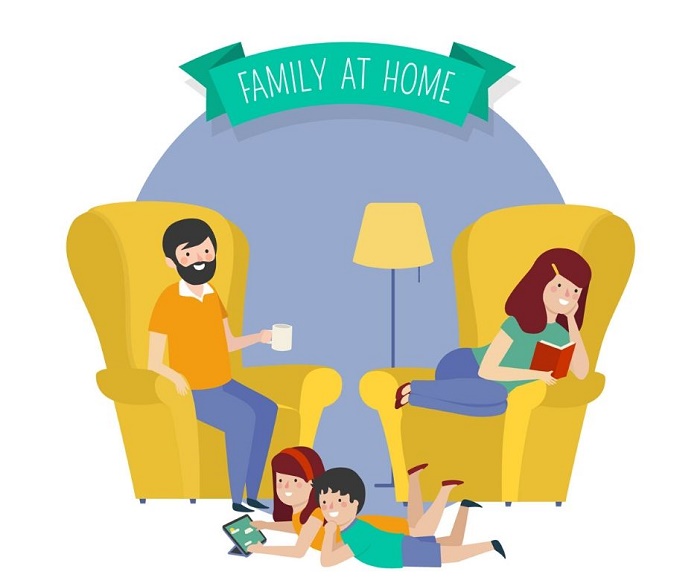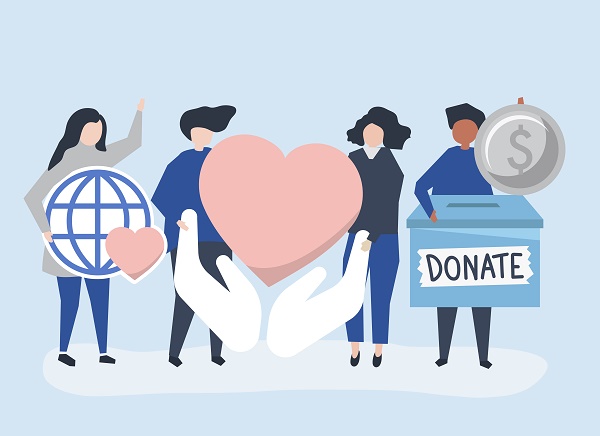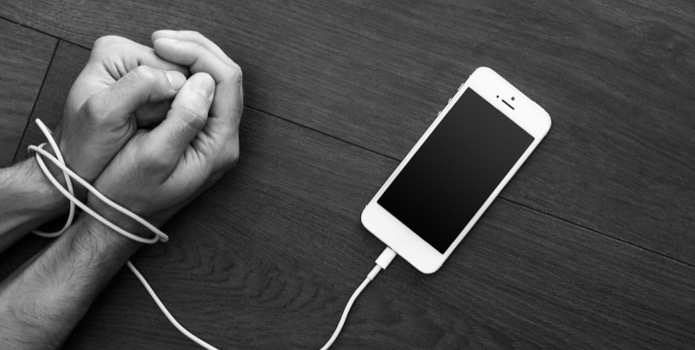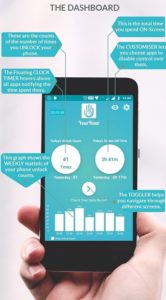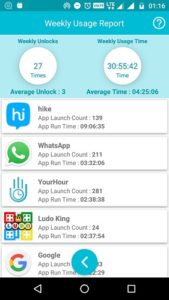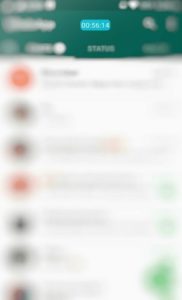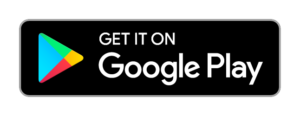Posted by Prashant Shukla on December 30, 2021
Micro-services in this era is getting so much attention from articles, social media, conference presentation, blogs, and so on. However, despite the hype, Micro-service architecture has significant benefits, highly recommended for agile or RAD and the delivery of complex enterprise applications.
Micro-services also known as Micro-service architecture is a method of designing or developing software applications or systems to structure one application as a collection of loosely coupled services.
If we more explore, everyone has a different explanation about micro-services.
Someone says: ”Micro-services are small services that work together.”
Other-one says: “The microservice architectural style is an approach to develop a single application as a suite of small services”. There are so many definitions available for microservices.
Wikipedia has a good definition for microservices: “structural style that arranges an application as a collection of loosely-coupled services”.
In the end, everything comes to a point and concludes: “Micro-services is a software architecture that eases software development and maintenance”.
In this article we will cover:
- What should be remembered while working with Micro-services?
- Features of micro-services
- Pros of Micro-services
- Top worldwide real-life examples
- Where Mind-e-fy used micro-services
- Why do we need microservice architecture?
Each component of a microservice has its own:
- CPU
- Runtime Environment
- A dedicated team works on it, ensuring they are working and each service is distinct from the other.
This architecture defines that every single service can run its own unique process. And each service can communicate continuously without having to rely on the other services.
What should be remembered about Micro-services?
- Microservices are exposed by REST.
- Microservices are small and well-chosen deployable units.
- It is Event-driven interaction between the services.
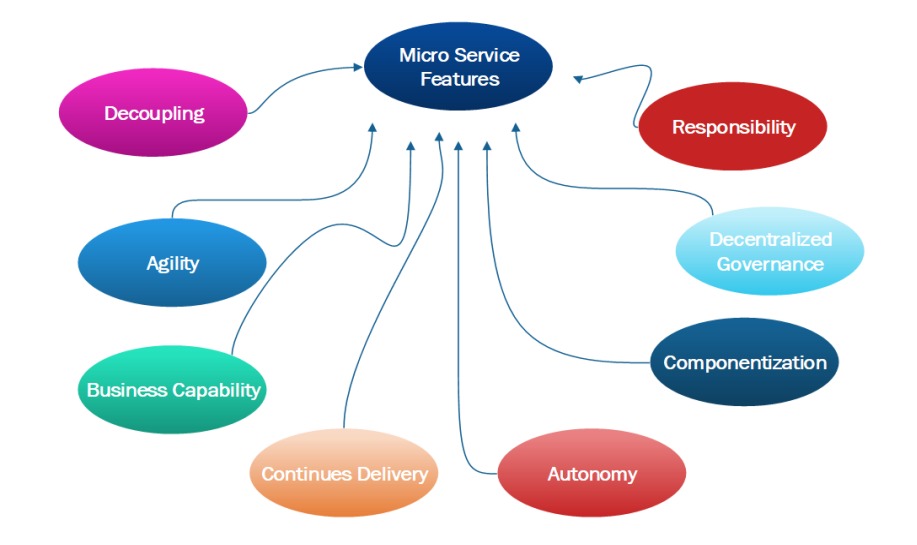
Features of Micro-service :
- Decoupling: Services within a system are largely decoupled. So the application as a whole can be easily built, altered, and scaled.
- Agility: Any new feature can be quickly developed and discarded again.
- Business Capabilities: Microservices are very simple and focus on a single capability.
- Autonomy: Developers and teams can work independently of each other, thus increasing speed.
- Continuous Delivery: Allows frequent releases of software, through systematic automation of software creation, testing, and approval.
- Responsibility: Microservices do not focus on applications as projects. Instead, they treat applications as products for which they are responsible.
- Componentization: Microservices are treated as independent components that can be easily replaced and upgraded
- Decentralized Governance: Developers have the freedom to choose the best useful tools to solve their problems. That means there is no standardized pattern or any technology pattern.
Pros of Microservices:
- Increase Agility
- Improve workflows
- Independent development of services
- Independent deployment of services
- Easy maintenance
- Developer Independent
Top Worldwide examples of Microservices:
- eBay
- Amazon
- Netflix
- Uber
- Paypal
Where Mind-e-fy used Micro-services:
We’ve used Micro-services in fraud management solutions, Retail management Projects, and so on.
Why we need Microservice architecture:
- More Agility: In this technology era, all industries continue to accelerate with the pace. To meet user expectations and exceed expectations, introducing new features and capabilities, our applications need to evolve. So by using containers or container orchestration platforms like Kubernetes/docker to deploy applications. Micro-service architecture helps to faster the process. In Monolithic, it takes too much time from development to deployment.
- Reduced Cost: Micro-service helps to reduce costs. The main idea of MS is “small unit distribution”. And these small units can be managed by a single person or with very less people involved.
- Better Experience: The drive to innovate applications into Micro-service architecture. Micro-service helps to improve user experience as well as developer experience. Developers are also happy to implement micro-services cause it is easy to understand and implement. And this satisfaction makes the user experience great.
Hope You have enjoyed this article and come to know what Micro-service is.








